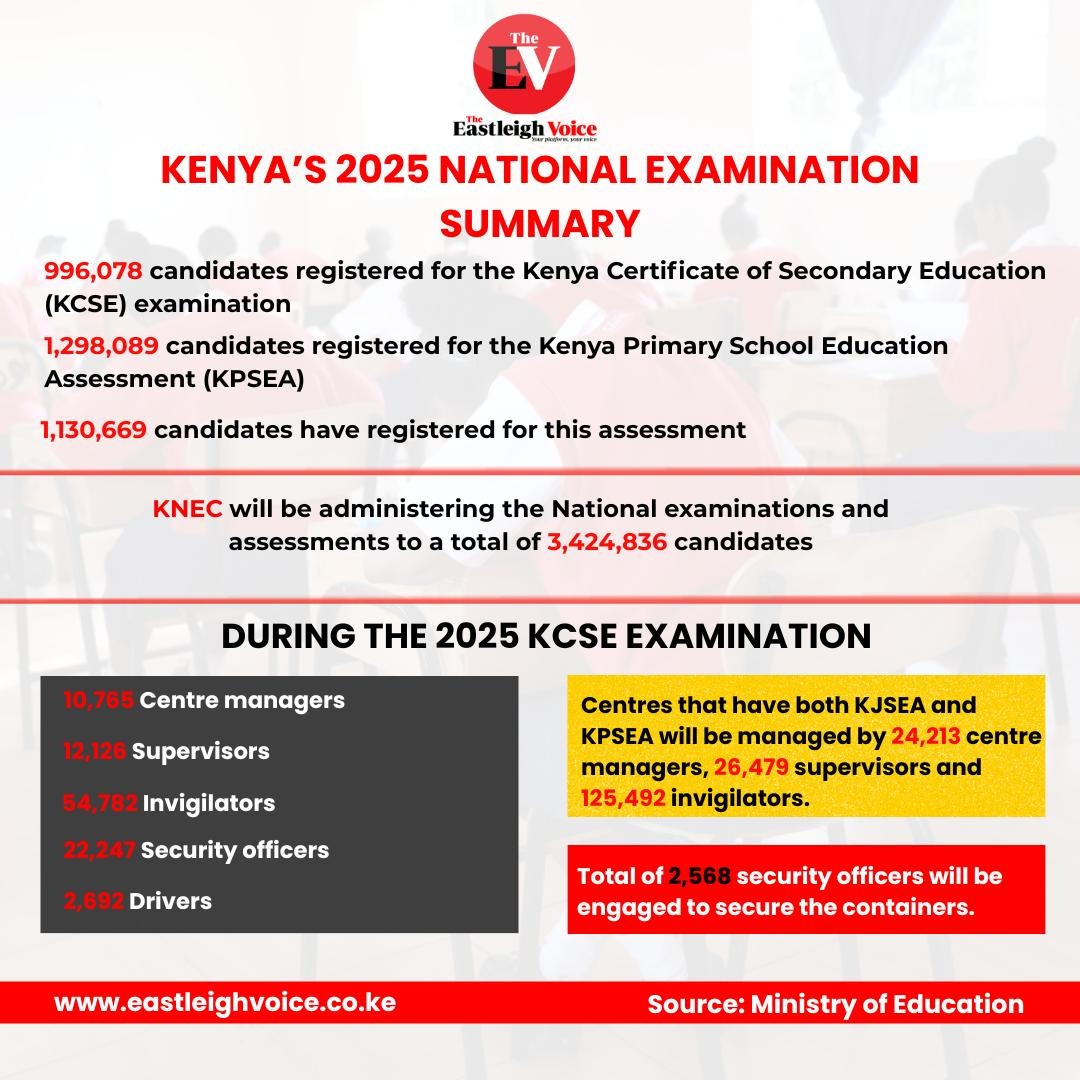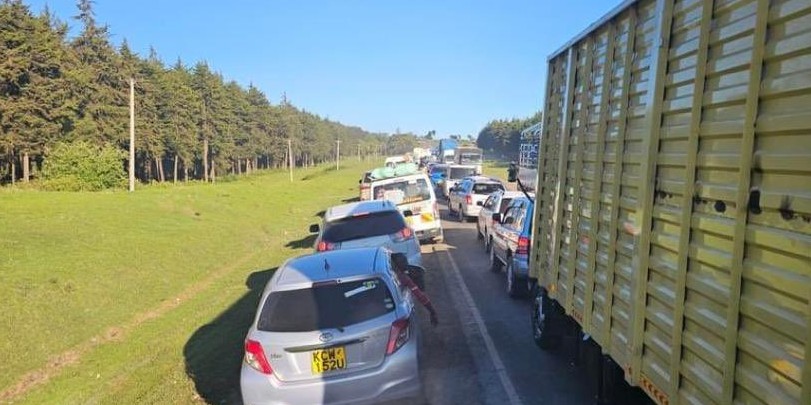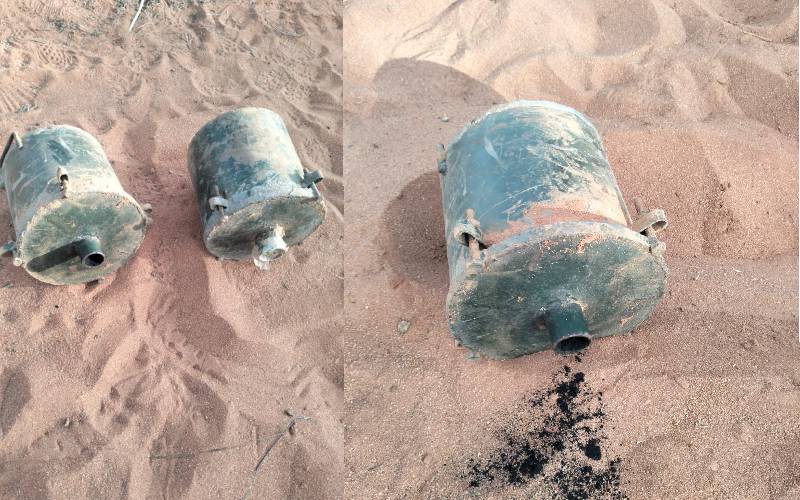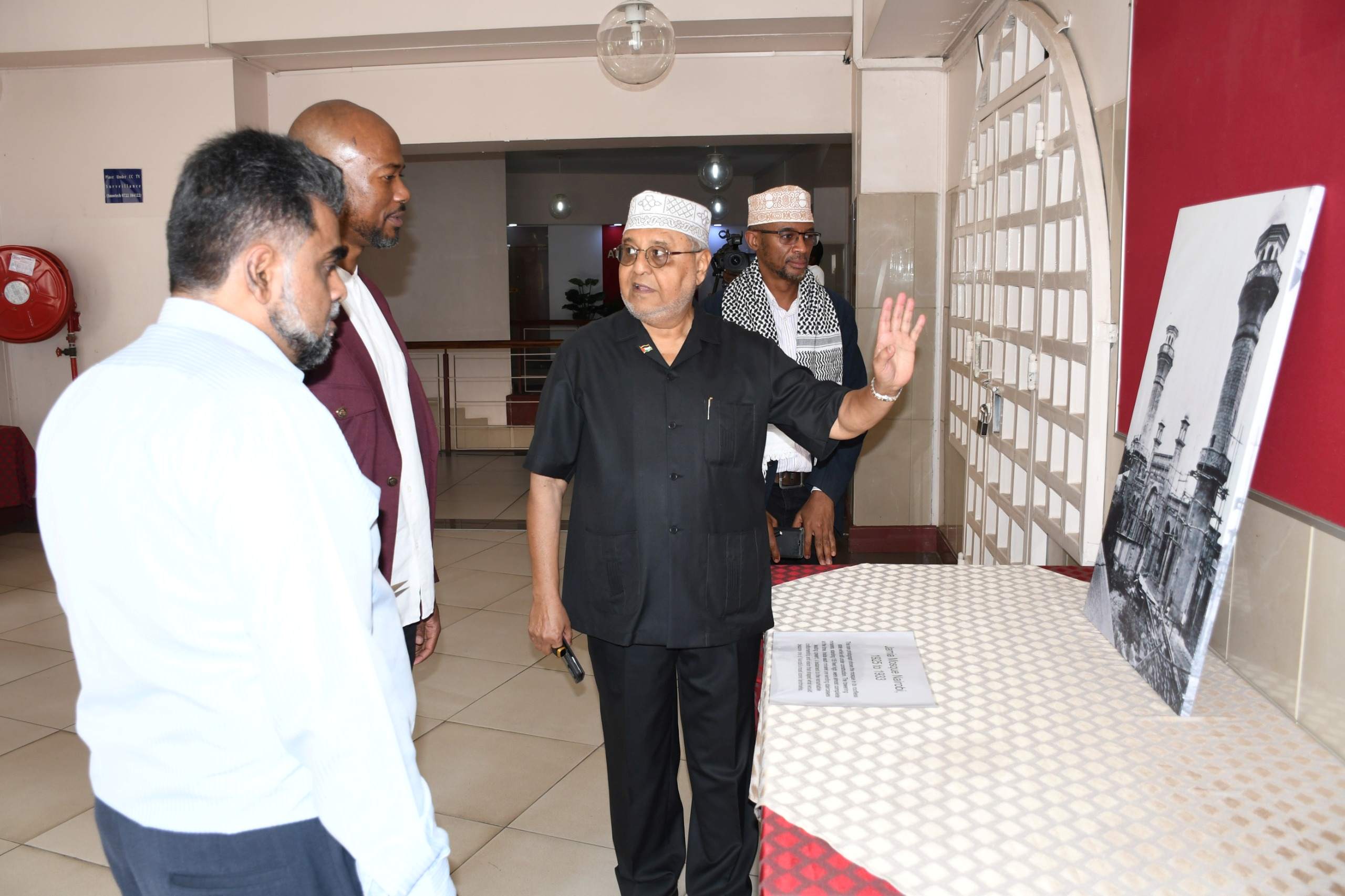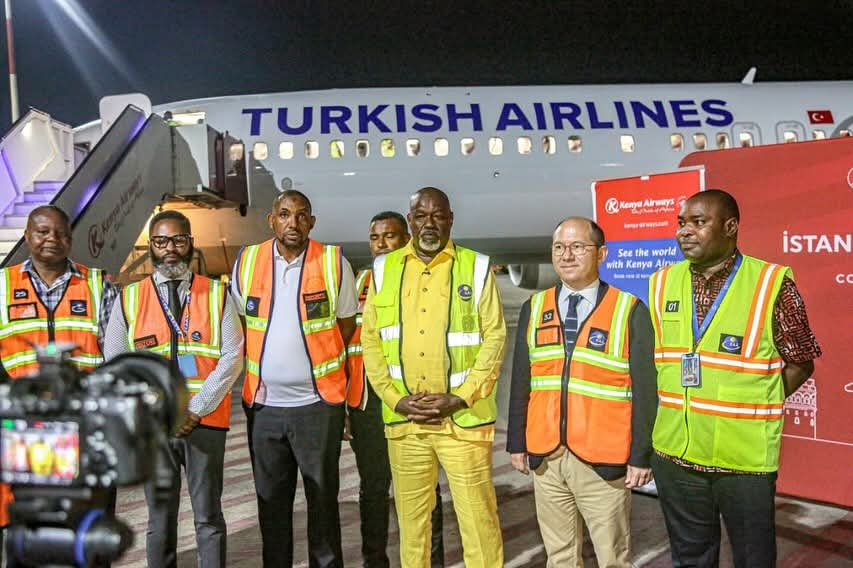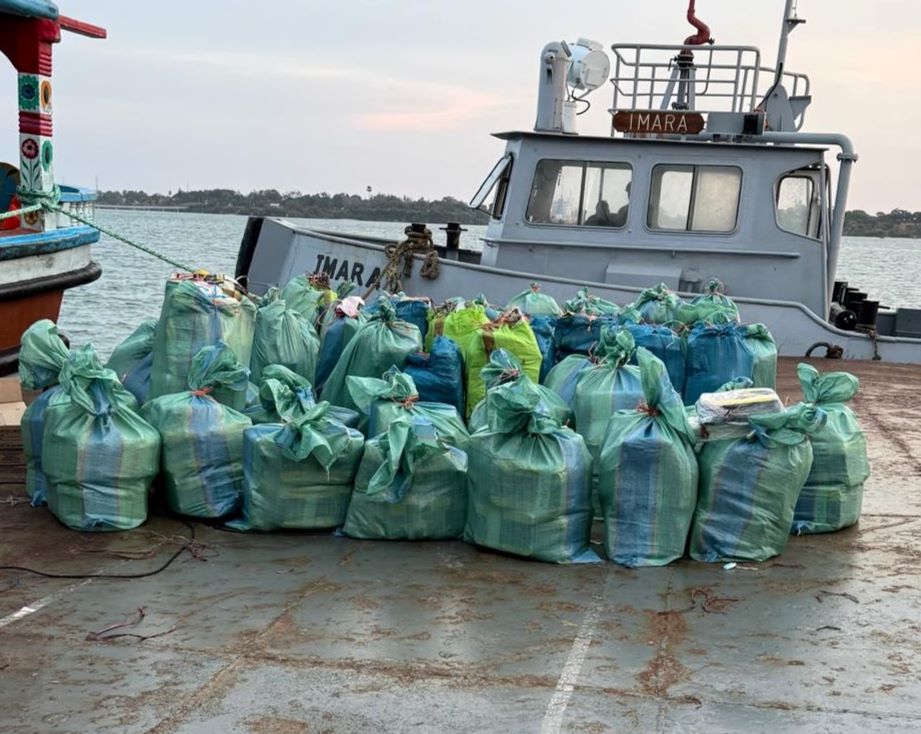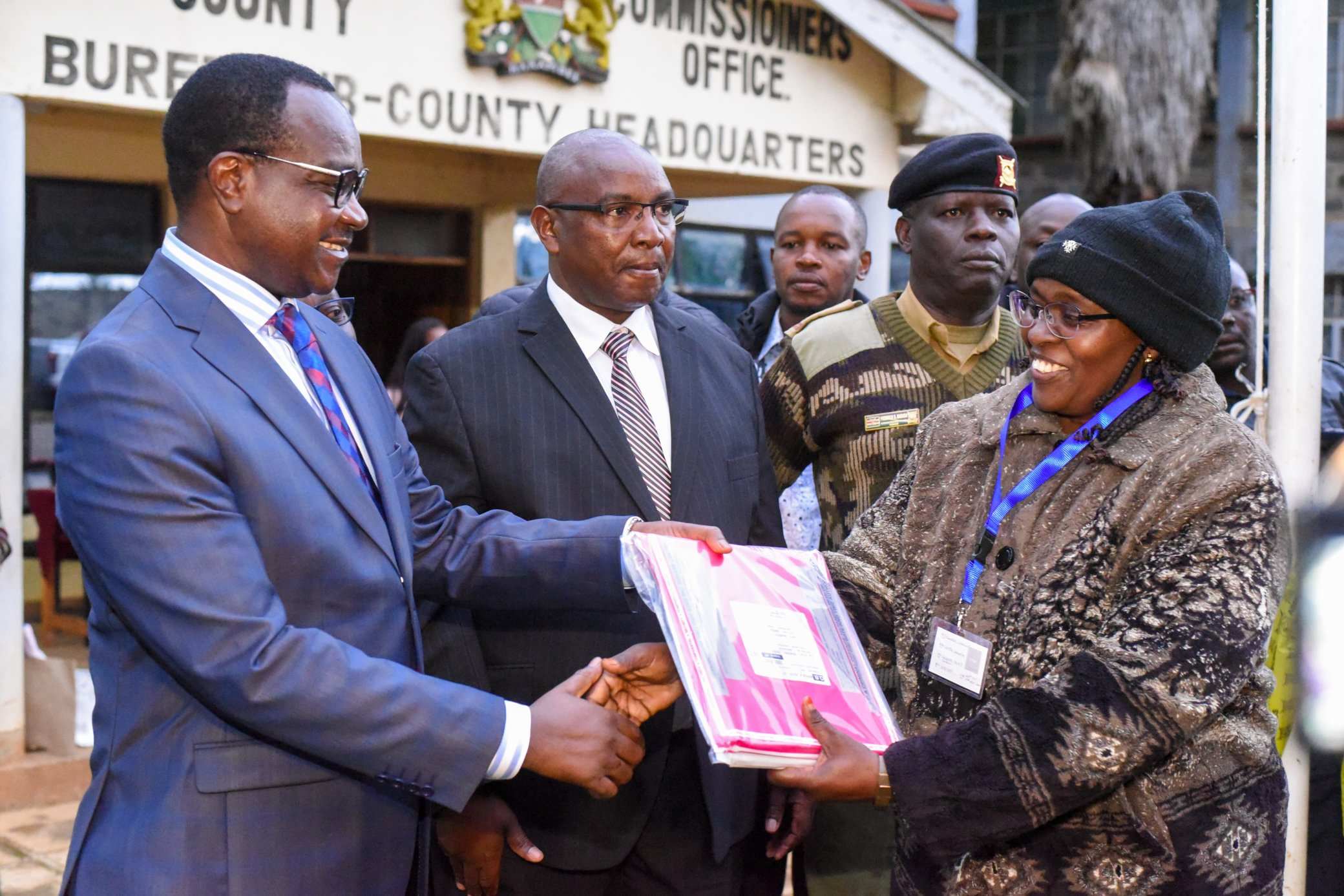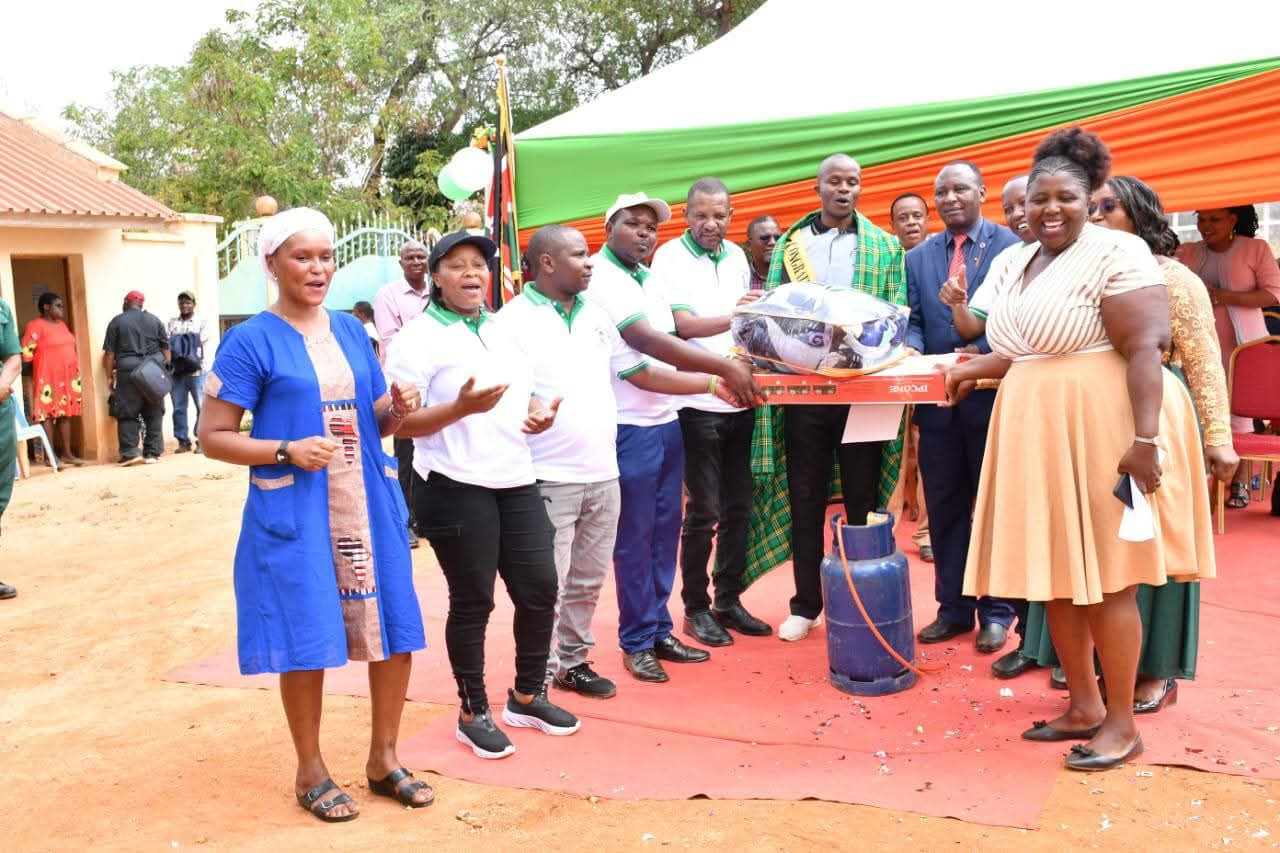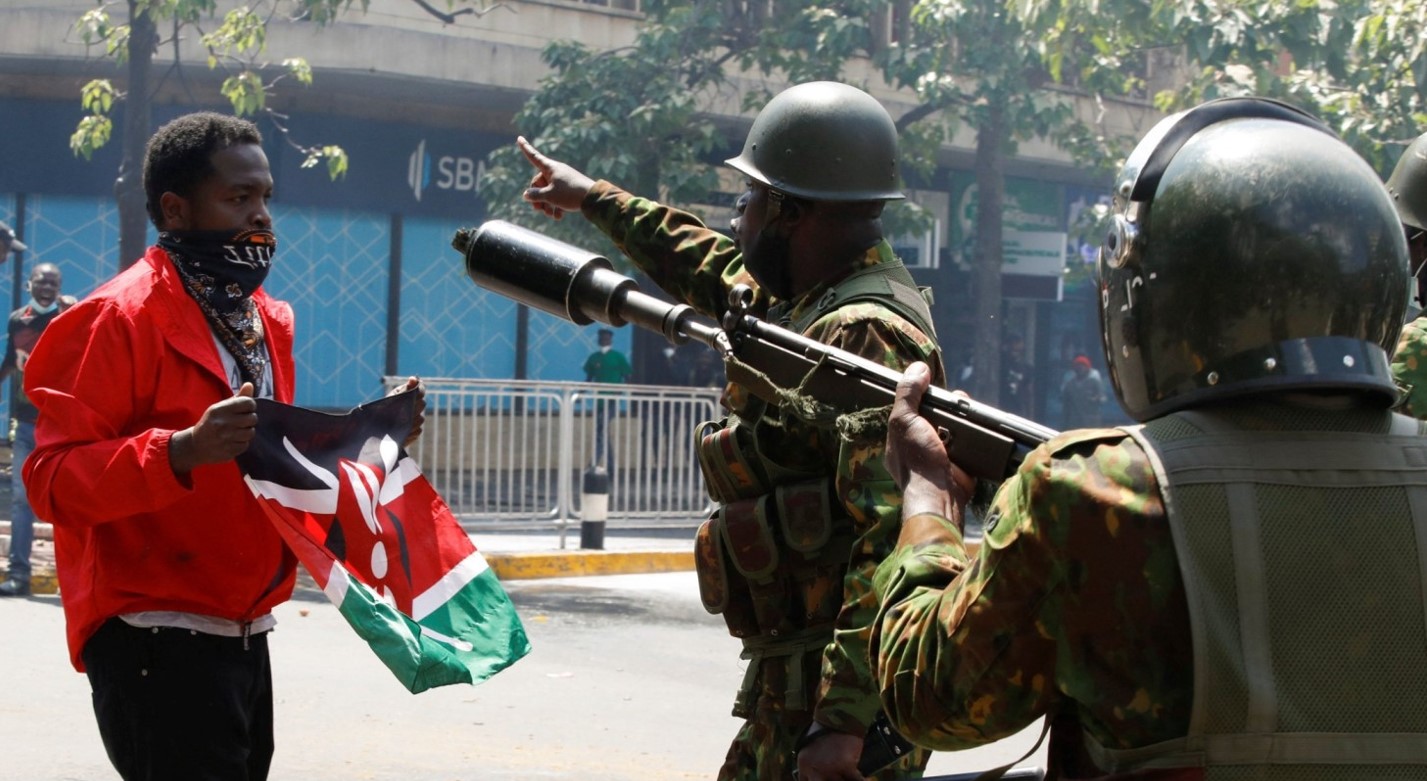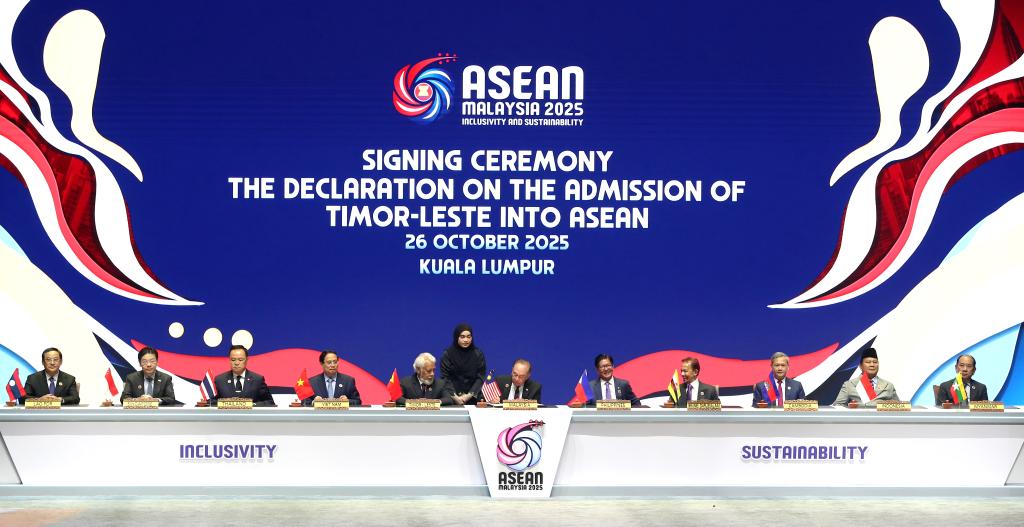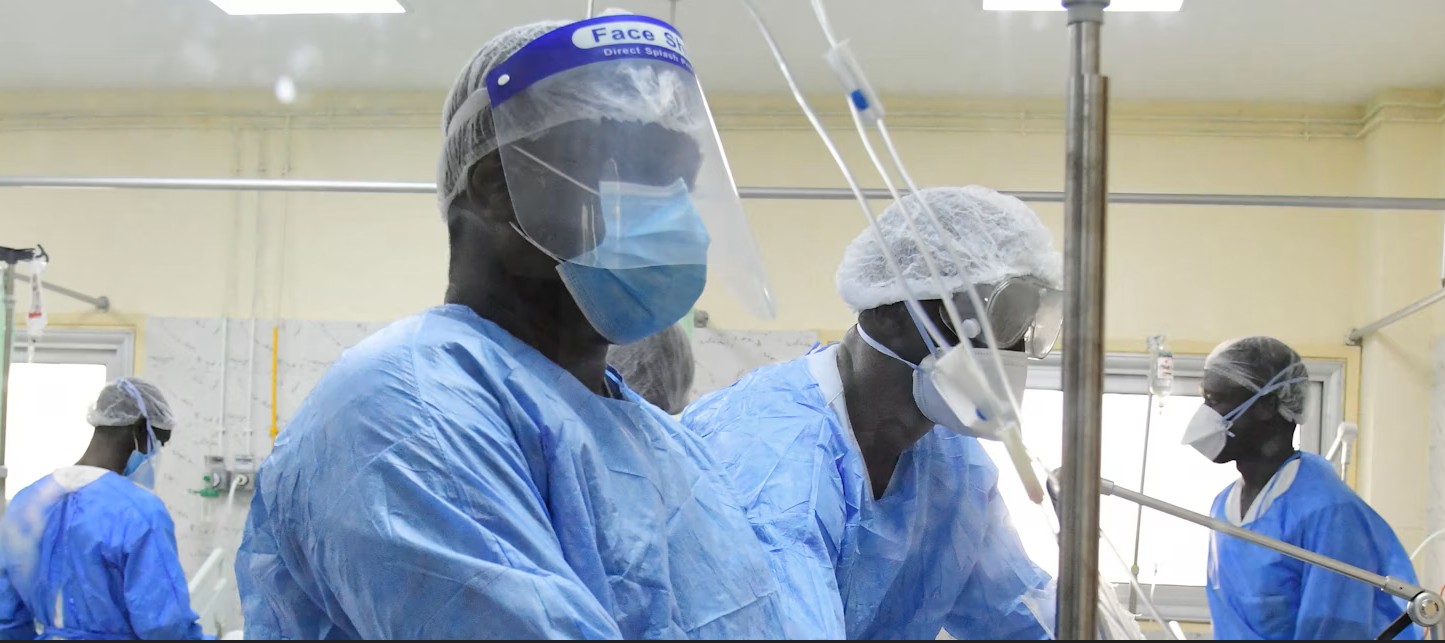Tanzania denies Amnesty report linking government to enforced disappearances, torture
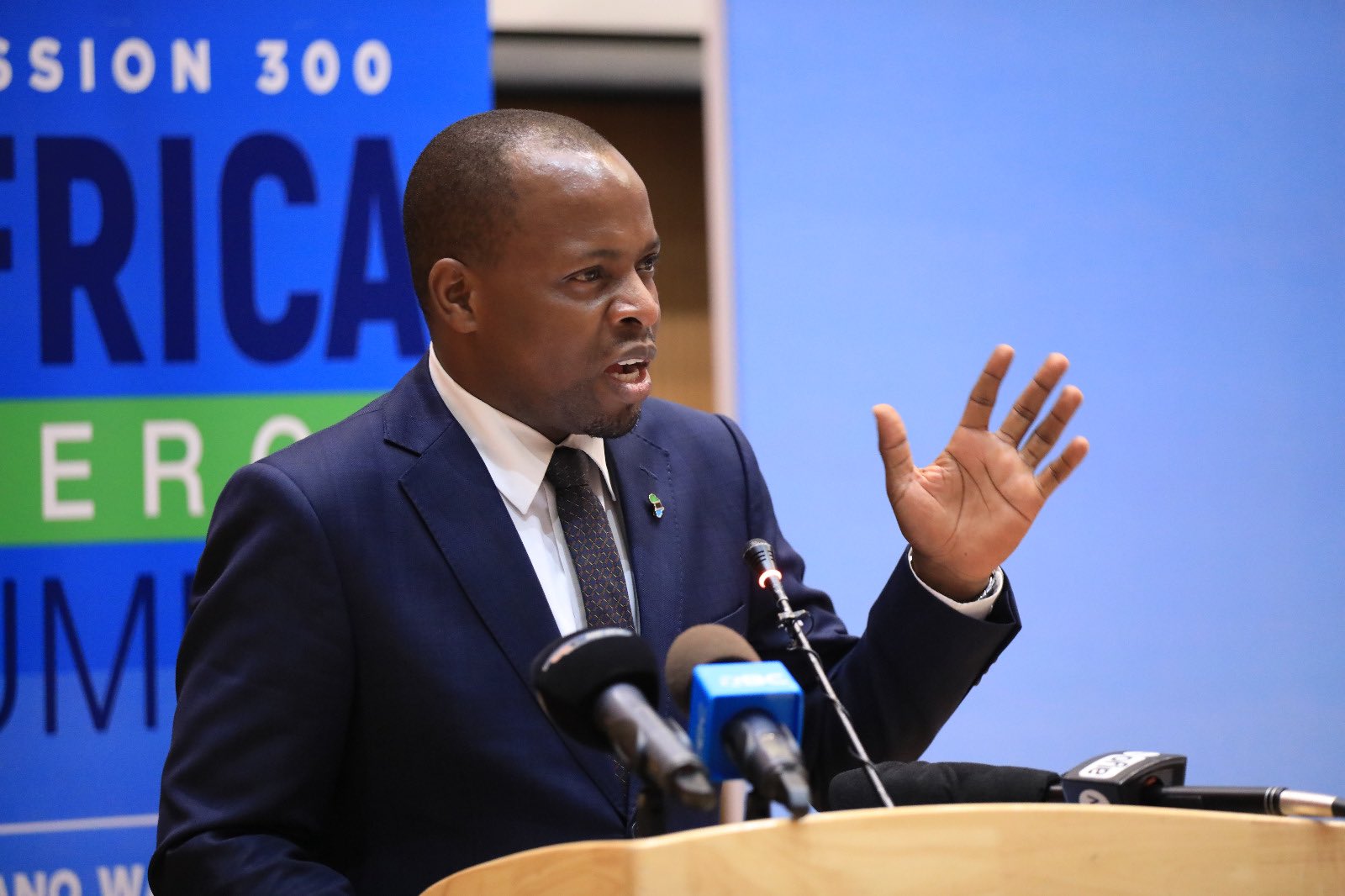
In its response, the Tanzanian government reaffirmed its “unwavering commitment to the protection and promotion of human rights,” citing constitutional guarantees and adherence to international and regional standards.
President Samia Suluhu’s government has hit back at Amnesty International over claims that it is weaponising laws to silence opposition figures and activists ahead of the 2025 General Election, dismissing the allegations as “unsubstantiated, misleading and contrary to the facts on the ground.”
In its response, the Tanzanian government reaffirmed its “unwavering commitment to the protection and promotion of human rights,” citing constitutional guarantees and adherence to international and regional standards.
More To Read
- Kenya on UN radar after ignoring letters on human rights abuses
- What Tanzanians hope their next government will deliver
- Tanzania’s pre-election tensions deepen as opposition official arrested
- Rights group petitions Museveni to release abducted Kenyan activists Bob Njagi, Nick Oyoo
- Amnesty flags arrests, abductions and killings ahead of Tanzania’s 2025 elections
- Tanzania’s Samia Suluhu Hassan has ushered in a new era of authoritarianism: Here's how
Amnesty International, in its report titled Unopposed, Unchecked, Unjust: ‘Wave of Terror’ Sweeps Tanzania Ahead of 2025, accused the authorities of using restrictive laws to suppress dissent, curtail political participation and entrench authoritarian control. However, the government criticised the organisation for releasing the report without prior engagement.
“The Government of the United Republic of Tanzania is deeply concerned by the brief published by Amnesty International and notes with concern the nature and tone of the allegations contained therein,” Gerson Msigwa, Chief Government Spokesperson and Permanent Secretary in the Ministry of Information, Culture, Arts and Sports, said.
“Such an approach undermines the principles of objectivity and mutual respect that should guide international human rights dialogue.”
Msigwa said the government found it offensive to be portrayed as one that disregards human rights and the rule of law.
“The Government reaffirms its unwavering commitment to the protection and promotion of human rights, as guaranteed under the Constitution of the United Republic of Tanzania (1977, as amended), and in accordance with international and regional human rights instruments to which Tanzania is a party, including the ICCPR, the African Charter on Human and Peoples’ Rights, and the Convention Against Torture,” he said.
Amnesty’s report, released on October 20, alleged that opposition leaders and activists have been subjected to arbitrary arrests, travel restrictions and politically motivated trials, effectively limiting their participation in political activities.
“Tanzania’s legal framework continues to enable repression. Authorities have weaponised laws, including the Media Services Act, Electronic and Postal Communications Act, Political Parties Act, Cybercrimes Act, and Public Order Act, to silence dissent, restrict freedoms, and entrench authoritarian control,” Amnesty International’s Regional Director for East and Southern Africa Tigere Chagutah said.
He added that these laws are “vague, overly broad and incompatible with international human rights standards,” citing specific cases where freedoms of expression, movement and peaceful assembly have been curtailed.
“The attacks on freedom of expression and media freedom violate Article 19 of the International Covenant on Civil and Political Rights (ICCPR) and the Universal Declaration of Human Rights (UDHR), which guarantee the freedom to seek, receive and impart information and ideas of all kinds,” Chagutah said.
The report also highlighted the disqualification of opposition figures such as Luhaga Mpina, a candidate for the Alliance for Change and Transparency (ACT Wazalendo), and the ongoing treason trial of Chadema party leader Tundu Lissu. Chadema Deputy Leader John Heche was reportedly arrested last week after attending Lissu’s trial in Dar es Salaam, following earlier reports that he had been blocked from travelling to Kenya to attend the burial of opposition leader Raila Odinga.
The government, however, dismissed these claims as distorted and inconsistent with Tanzania’s legal and institutional framework.
“The brief’s portrayal of Tanzania as a country that tolerates arbitrary arrests, enforced disappearances, and suppression of freedoms is inconsistent with the legal and institutional safeguards in place. Tanzania enforces a zero-tolerance policy toward torture and other forms of cruel treatment,” Msigwa said.
He explained that allegations of misconduct are investigated by relevant authorities, such as the Commission for Human Rights and Good Governance (CHRAGG), the Director of Public Prosecutions (DPP), and the Judiciary, under existing laws, including the Criminal Procedure Act and the Penal Code.
“In line with the principle of accountability, the government further emphasises that freedom of expression, peaceful assembly and access to information are protected under the Constitution and regulated through laws such as the Media Services Act, the Access to Information Act, and the Online Content Regulations,” he added.
Msigwa maintained that these laws are implemented in conformity with Article 19(3) of the ICCPR, which allows limited restrictions to protect national security, public order, and the rights of others.
Amnesty International also alleged that the National Electoral Commission (INEC) and other state agencies favour the ruling Chama Cha Mapinduzi (CCM) party by obstructing scrutiny of the electoral process ahead of the October 29 polls.
“With regard to the electoral process, the Independent National Electoral Commission operates independently as guaranteed by Article 74(11) of the Constitution. Tanzania continues to facilitate election observation and uphold the principles of transparency, impartiality, and equal political participation,” Msigwa said.
Responding to accusations of abductions, torture and extrajudicial killings, the government reiterated its position that it “does not condone enforced disappearances or extrajudicial killings,” insisting that all reported cases are thoroughly investigated and prosecuted in accordance with the law.
“The judiciary remains independent, and all persons are entitled to fair trial guarantees under both domestic and international law,” Msigwa said.
He reaffirmed Tanzania’s commitment to democratic governance and the rule of law, urging human rights institutions to engage directly with government authorities before publishing reports that could “mislead the public.”
“Tanzania reaffirms its commitment to democratic governance, the rule of law and the protection of human rights before, during, and after the 2025 General Election,” Msigwa said.
Meanwhile, Amnesty International said it based its findings on interviews with 43 people, including victims, witnesses, lawyers and civil society members and verified information through images, documents and open-source analysis. The organisation cited cases of enforced disappearance, including that of Ali Mohamed Kibao, a senior Chadema official abducted in September 2024 and later found dead, and former ambassador and government critic Humphrey Hesron Polepole, who went missing earlier this month.
Chagutah said authorities “have ramped up their clampdown on the civic space and the right to participate freely in elections through the passing of deeply flawed legislation,” adding that opposition candidates have been unfairly excluded from the upcoming polls.
Amnesty called for the immediate release of all individuals detained for political or religious reasons and urged investigations into alleged human rights abuses, warning that the pre-election environment in Tanzania reflects “a systematic effort to suppress dissent and entrench authoritarian rule.”
Top Stories Today

